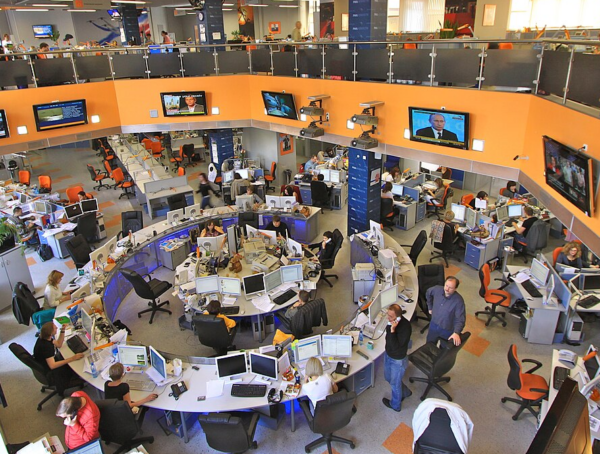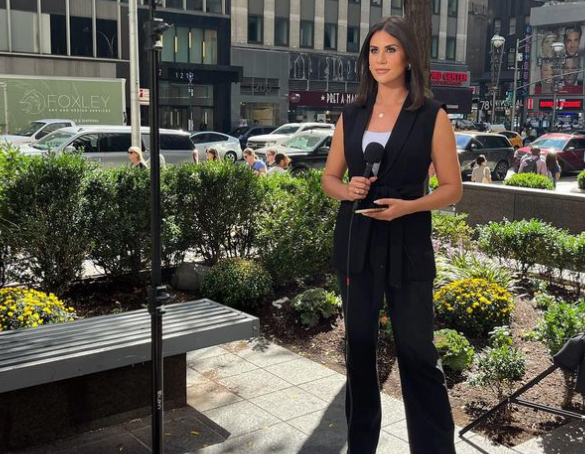What’s the difference between weather reporting and general news reporting? Tony Russell believes that, while general news is a cornerstone, weather reporting holds the newsroom together.
“Weather is more than half of why we show up,” said Russell, a veteran weather reporter for WeatherNation and multiple local TV stations, as well as the founder of Content Creators Digital Media. “When severe weather comes into a viewing area, news reporters need to put on their weather hats and ask how this event will affect their community.”
Russell has worked in the media industry since 2004, and he has always been most passionate about weather. His experience covers a number of local TV markets, including Tulsa, Oklahoma and Ft. Smith, Arkansas.
Russell notes that one of the key pieces of his mission as a weather reporter is speed and efficiency: “How can I disseminate information quickly out to the community?”
He regularly relies on social media platforms, and as a weather reporter, Russell understands the responsibility that comes with a social media presence. He is verified on Twitter, where his followers can see quick weather updates throughout the day, and he has two more go-to social media platforms.
“The easiest and best way to reach people is currently through Facebook and Instagram,” he said. “Instagram Story feeds seem to be the social media spot where most people are consuming their content.”
Russell also manages multiple Facebook pages and says getting things right on-air and across multiple platforms is a heavy responsibility.
“The days of filing a report and sending it to a copy editor are gone,” he said. “I am my own copy editor.”
When working a big weather story, Russell regularly relies on public agencies and national weather services. But there’s a key to making weather stories matter.
“Speak to the people,” he advises. “Nothing is more tried and true than the emotions of those in the midst of a storm.”
Russell also emphasizes the importance of maintaining one’s own journalistic personality: “Being authentic is the most important thing a journalist can be.”
Russell says his priority is always the community. He is not chasing these storms; he is there to communicate the dangers of them.
“What separates a storm chaser from a journalist is one who understands the gravity of the storm…one who understands that real lives are on the line… It’s more than just the thrill of the chase. Your reporting is very important in keeping communities safe and alive.”
In the aftermath of the 2011 tornado in Joplin, Missouri, Russell went to cover the storm’s effects on the town. The EF-5 tornado killed 161 people, and Russell was reporting in the midst of a broken community, meeting with the families who had lost everything. Russell remembers that when he’s reporting on any severe weather.
“We never let our guards down,” he says, “and I always urge our viewers to do the same.”








